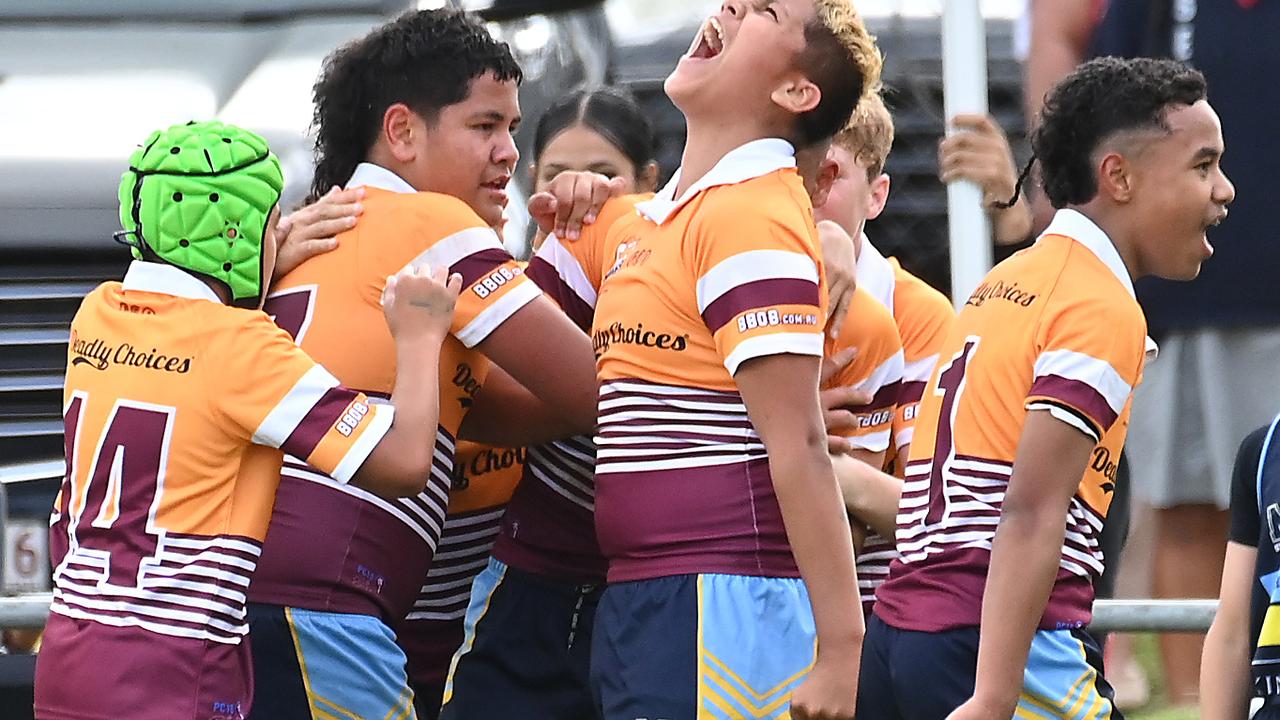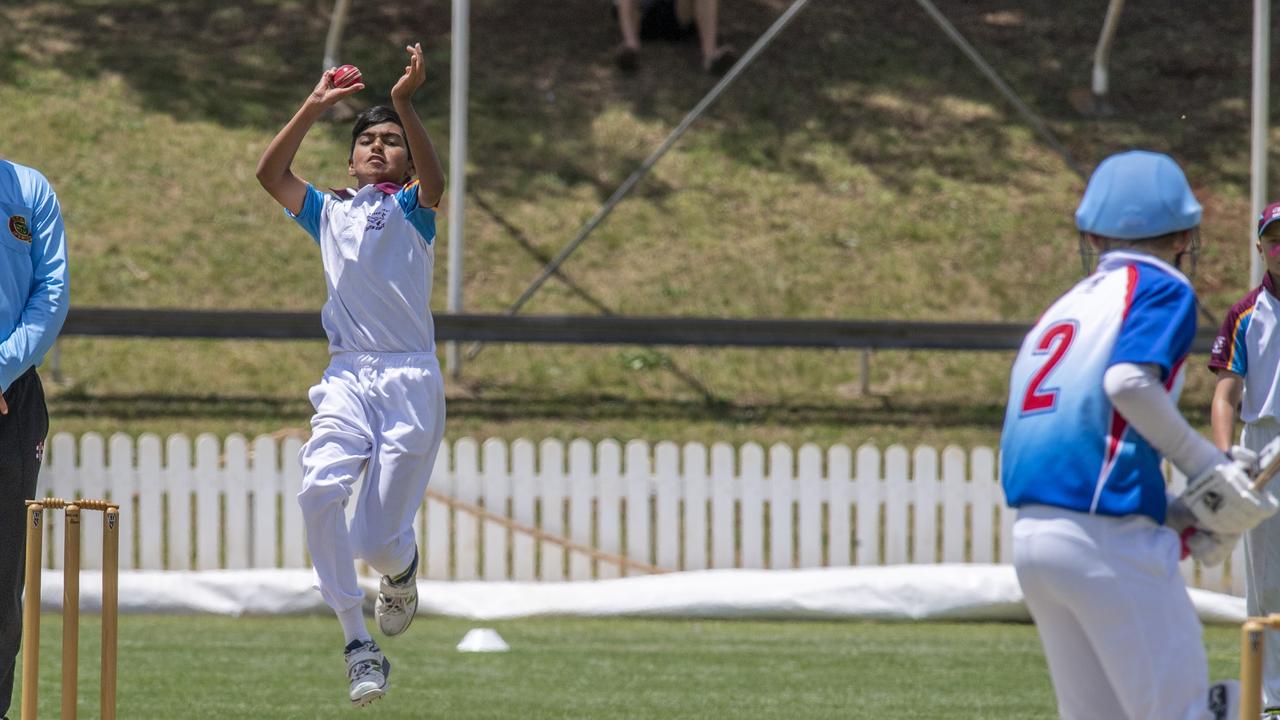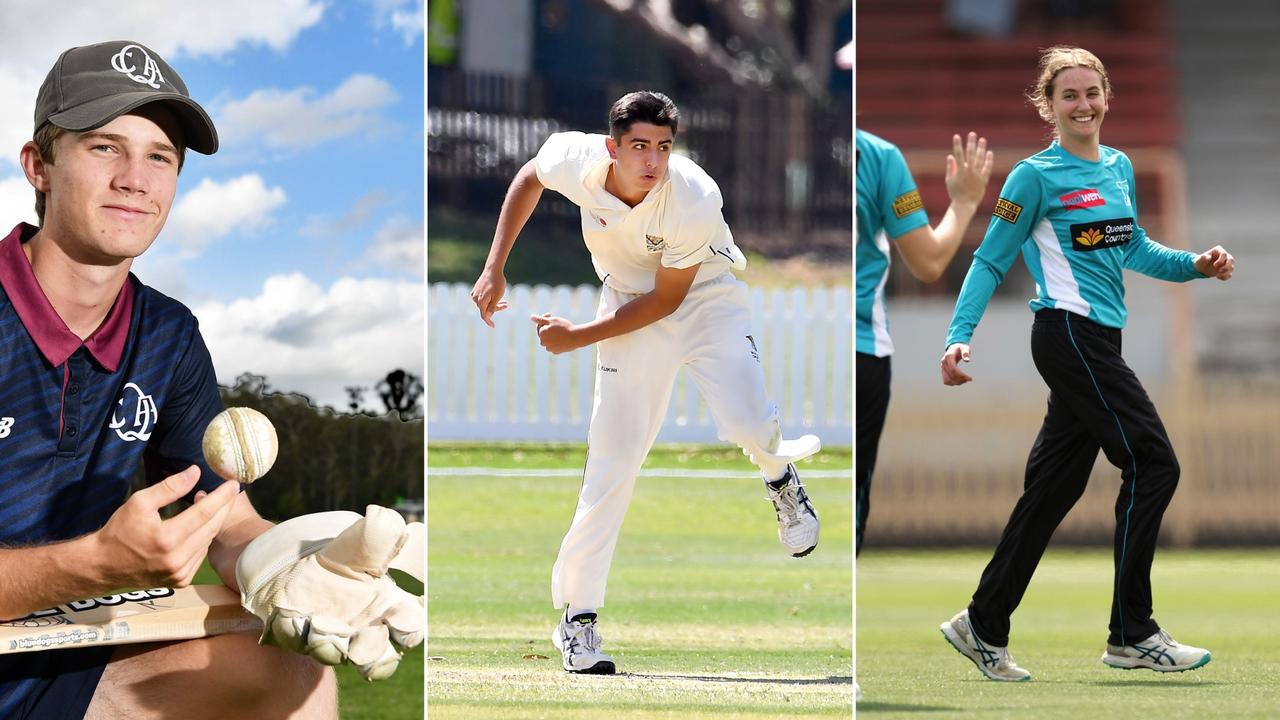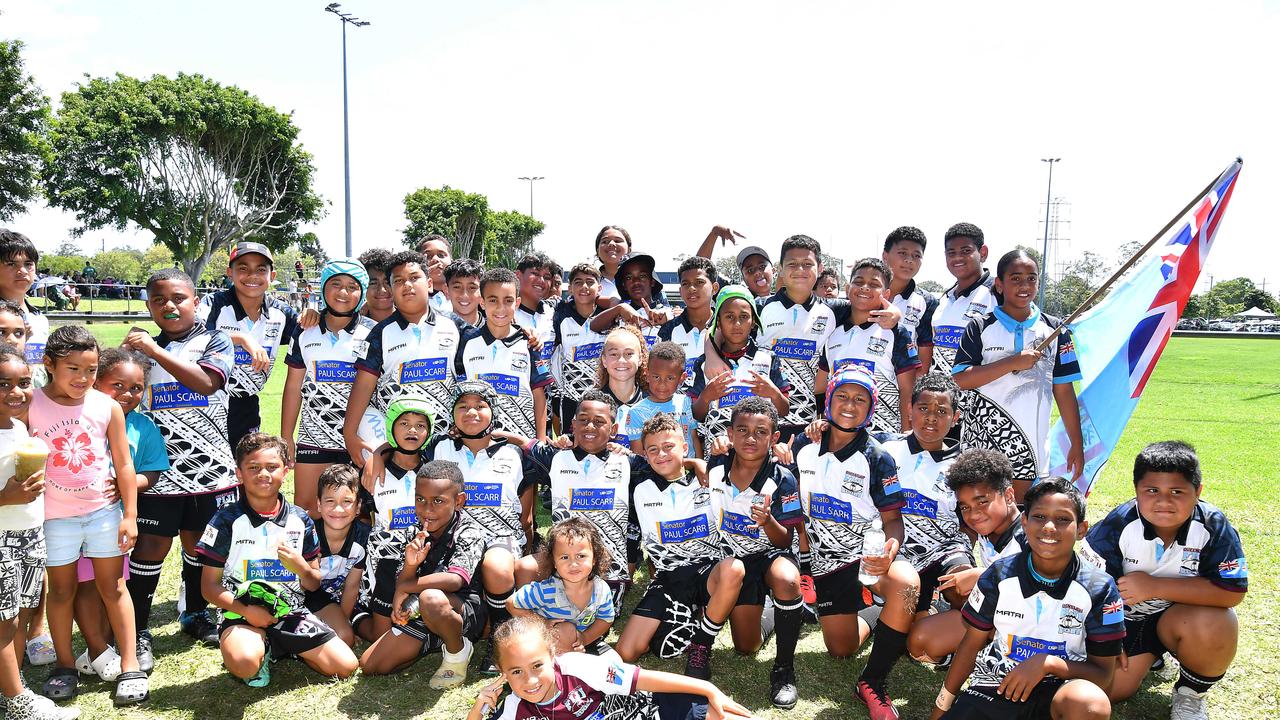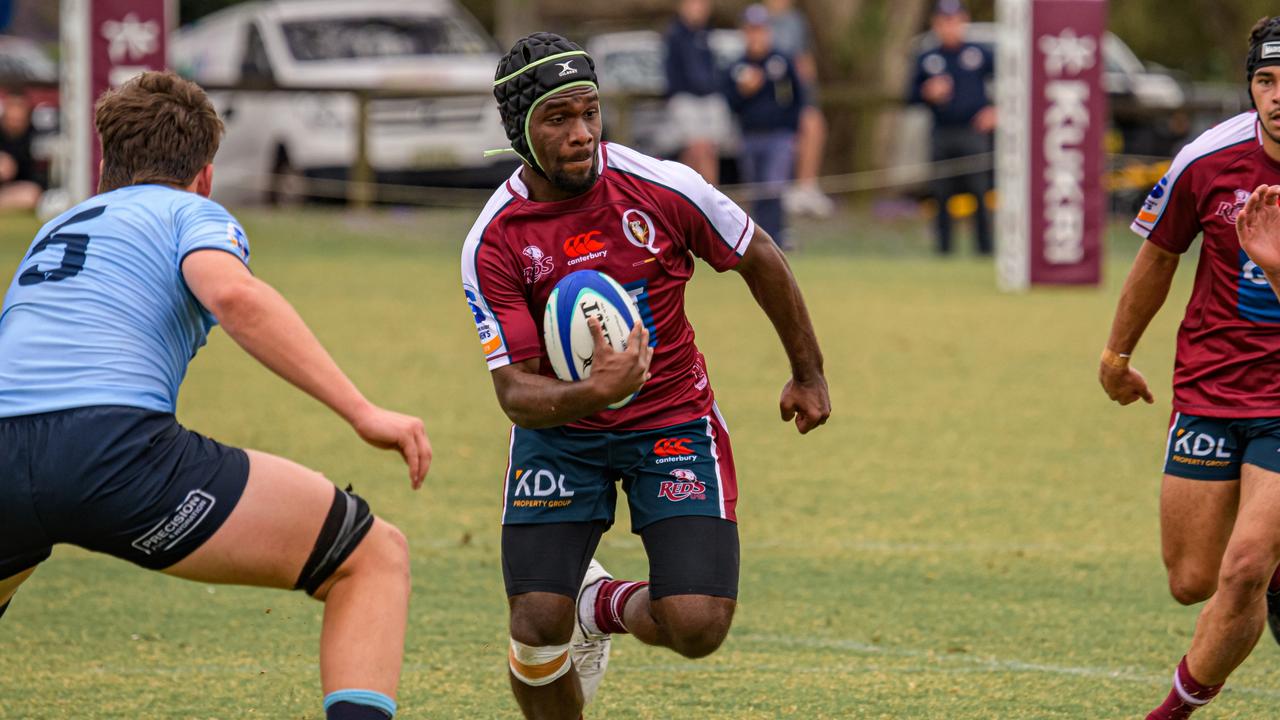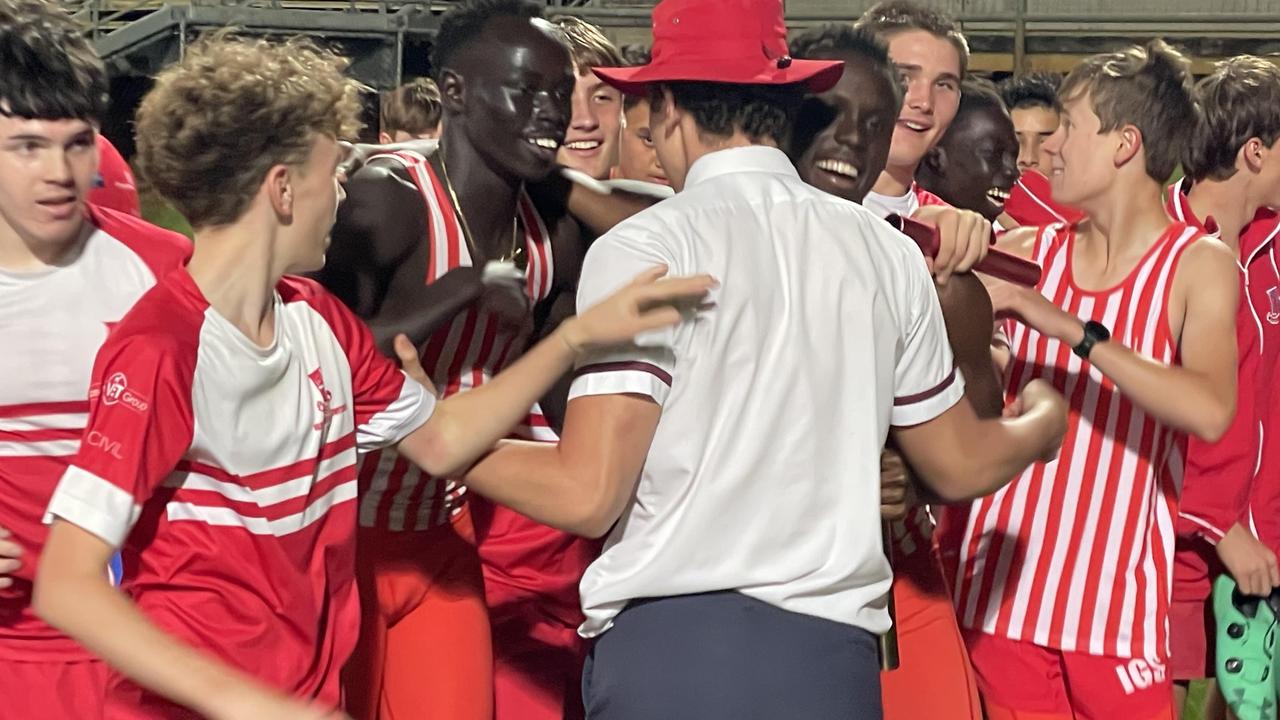Early riser’s life in isolation
He lifted the veil on the week in the Bishop house.
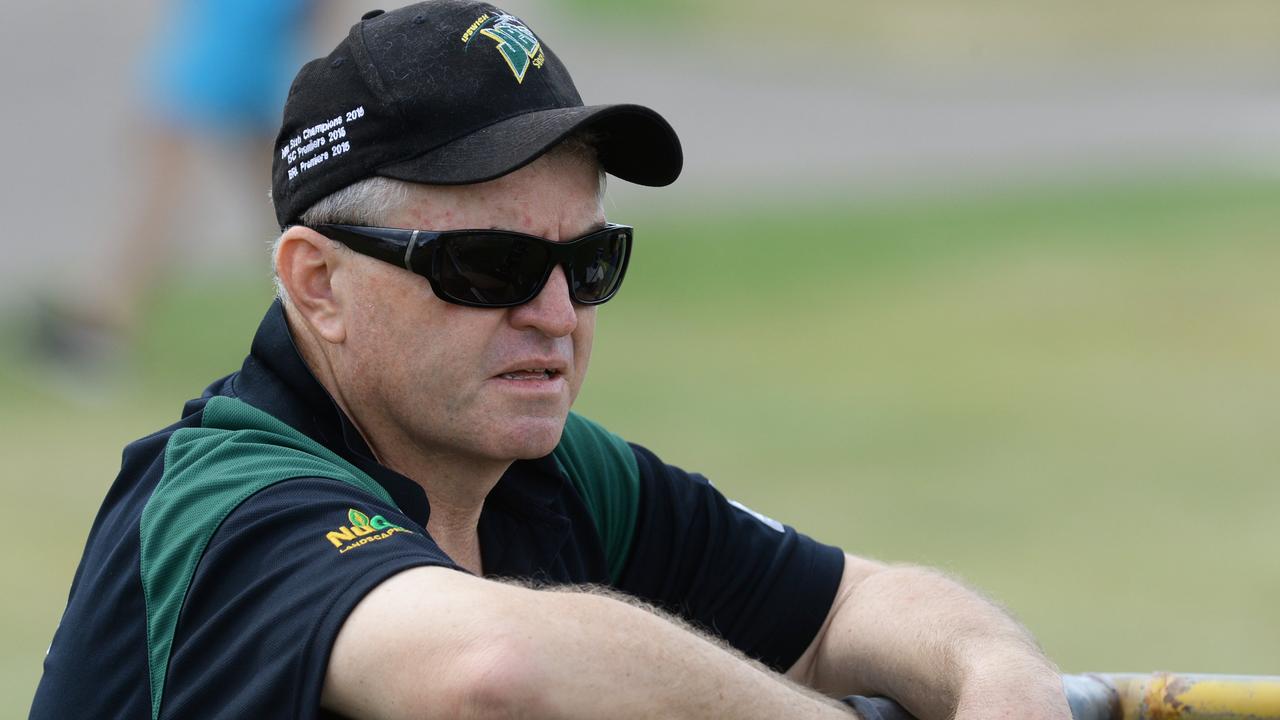
Sport
Don't miss out on the headlines from Sport. Followed categories will be added to My News.
JETS BUZZ
IPSWICH Jets assistant coach Mark Bishop is an essential worker, dad and husband while staying home as much as possible in between work. He lifted the veil on the week in the Bishop house.
Sunday: Day of rest, sleep in until about 8am. Take Harry for a scooter to get the paper. Spent all day reading and watching the sports shows with a little nap here and there.
Monday: Being a courier driver, I’m still working so when the alarm goes off at 3:03am it’s up and at ‘em.
Down to the airport to sort freight into the van and drive back to Ipswich to start delivering. A welfare check on mum and a quick game of backyard cricket with Max and Harry.
Tuesday: 3:03am. Some online training after getting back to the airport so a later finish than usual but I did manage to get home for lunch. Home-schooling at our place so I’m backing up “Miss Caroline” by being the headmaster. “Harry Bishop to the office” has become an every day announcement. Spaghetti bolognas for dinner.
Wednesday: Alarm. More online training. Catch up on some emails, think about how much you miss footy and hope the 1% of fools don’t wreck the NRL for everyone. Pork steak and veg.
Thursday: Work is a bit quiet today. Having been a courier for over 20 years in Ipswich and involved with the Jets for 10, there is always someone to talk footy with. Today I spoke with Steve Rainbow of Articulate Framing, a staunch Jets supporter and sponsor.
Friday: 3:03am. Phone call from Coach Lander. No real news on the footy front but reports players and families holding up. Max, Harry and I go for a 4km scooter, bike and walk to finish the day. Dinner treat, McDonald’s, another great Jets sponsor.
Saturday: A new 2020 sponsor, F45 Ipswich invite the Jets to a Zoom fitness session at 6:30am but due to technical issues (alarm should be AM not PM) I miss it. Another walk with my boys in the morning and a welfare check and coffee with mum sees me napping on the couch in the arvo.
Sunday: Morning walk, paper and takeaway cappuccino for the wife and me is a great start for the day. A backyard cricket game and filming some content for the Jets website.
King Wally memories
IF you’re like me and came to love rugby league in the late 80’s, you more than likely have one reason for that happening. Wally.
I was the same as every kid growing up at that time. I wanted to be Allan Border in summer and Wally Lewis in winter.
Either way I would have had a glorious moustache all year.
It’s 1982 and the first year of the State League and the birth of the Jets - competing for a $44,000 cheque that would go to the winner after the top two teams have played off together.
Wally would miss the Diehards 1982 round two clash in Ipswich after copping a three-game ban for an incident with Gary Grienke in the pre-season finale.
Valleys would win at the North Ipswich Reserve 25-2 in the Jets second ever game.
Wally would become the State League heavyweight champion, sharing in five winning finals in a row from 1983-87.
Valleys would win the State League in 1983 with a 21-12 win over the 1982 champions Easts.
Lewis was man of the match with his try from dummy half and field goal proving too much for the Tigers.
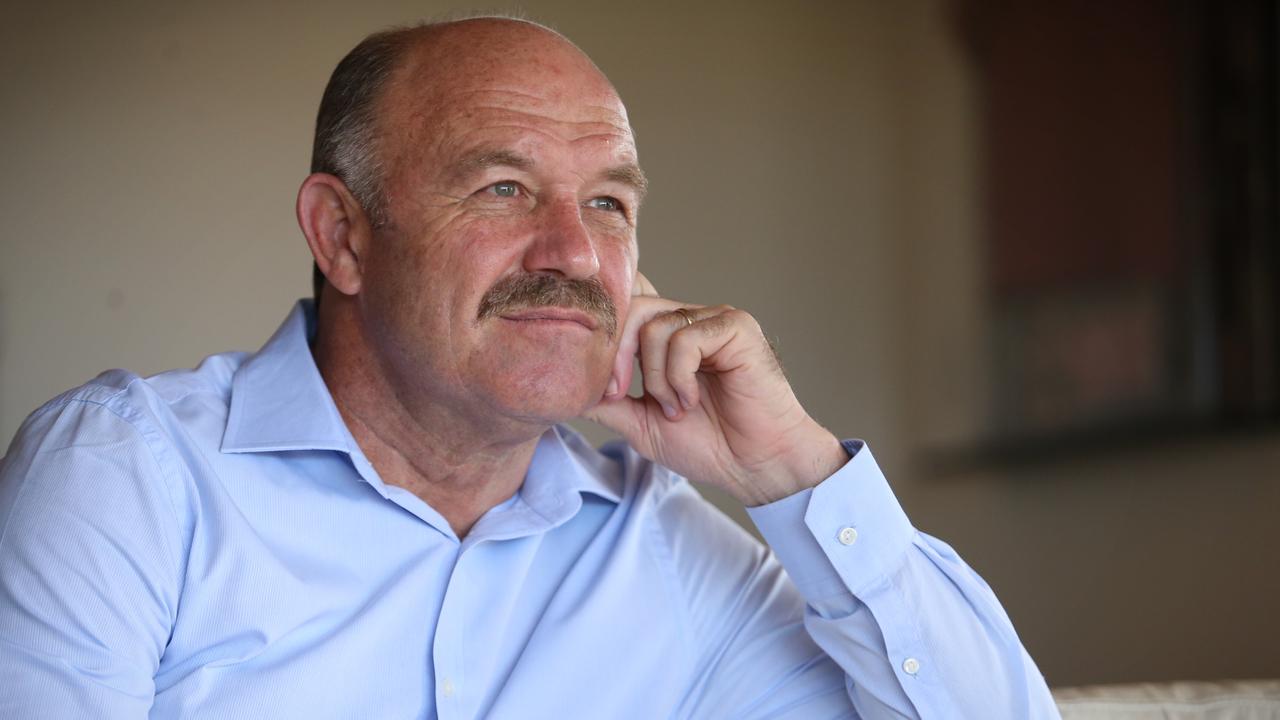
From there Wally’s new club the Seagulls would dominate the State Wide competition with Wynnum winning in 1984, 1985 and 1986, including a semi-final success over Ipswich 36-2 and a finals victory again in 1987 against the Dolphins.
Lewis played 32 games in the State League with nine tries, six goals four field goals and 45 points with one try for Valleys in 1982 being a three-point try.
“The State League was an underrated competition. It was a great lead in to the Origin series,” Lewis recalled.
Wally fondly remembers the eight Brisbane teams travelling to the six country areas in the seven round competition.
“It gave people a chance in Ipswich, Wide Bay, Central Queensland and North Queensland as well as the Gold Coast and Toowoomba a chance to see Origin and Test players,’’ he said. “As well a chance for us to visit those areas.
“I remember Gene Miles scoring plenty of tries in the State League and giving people plenty of thrills.”
The other half to Queensland’s great double act Miles would be a prolific scorer in the competition. He scored two tries in the 1984 final against Souths, three against the Jets in 1986 semi-final and then backed up with two in a final against Redcliffe and two tries 12 months later in the 1987 final against the Dolphins again.
It was great for Origin too, Wally recalled.
“It meant the Queensland side got a great look at everyone except for the Sydney based players and understand exactly who was going to play for Queensland,’’ he said.
“I think the State League competition would have uncovered a lot of players for Queensland in the time it was played.
“I recall Dale Shearer playing well for Mackay and coming to everyone’s attention.
“Gary Coyne was from Ipswich and in that first Jets side that played the State League. I ended up playing with Coyne at Wynnum and Queensland together.
“It was a great way for the Jets and Ipswich to be introduced to the BRL later on as well.
“It was a great innovative idea by the QRL at the time and gave some life to football in Queensland.”
Teaching lessons
I LOVE teaching. I am missing my Year 5 class now while they are at home and just that face-to-face contact.
For 12 months, they are your class and we are doing things together.
Teaching gives you many skills that are transferable to other vocations.
It helps you adapt too, as I have found out in the first two weeks of this term.
Currently three NRL coaches are teachers with the Broncos, Sharks and Manly all looking to the classroom to fill their coaching role with Mr Seibold, Mr Hasler and Mr Morris having done the pedagogy hard yards.
I looked at why teaching has such an influence on football across a variety of football roles with some Jets.
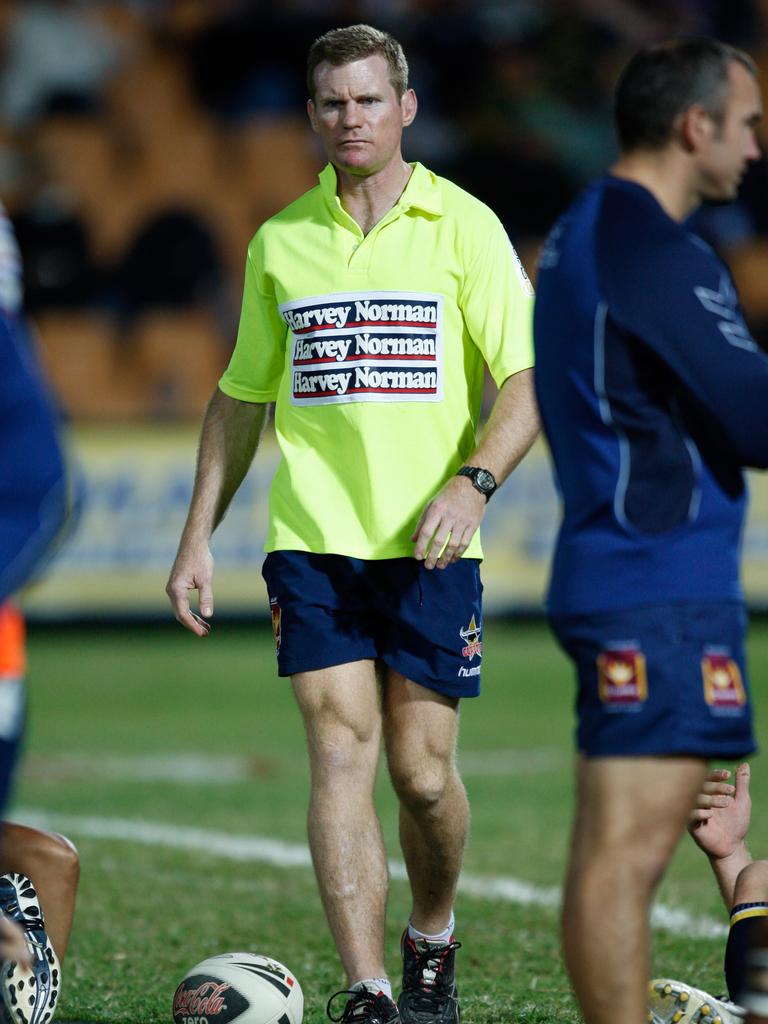
Steve Hooper is currently the Wests Tigers strength and conditioner but before that, he was at the Jets while he was a young PE teacher at Raceview, St.Edmunds and Peter Claver College.
“Teaching is coaching. It helps you look for the best way of doing something,” Hooper said, reflecting on both roles.
“I actually did PE teaching with the view of somehow working in footy.
“Teaching helped me follow things up, chasing detail and how important little things are to the big picture.
“It also gave me a great work ethic, and emphasised that finishing the job, and the actual time of the day are not related.
“The contacts I made through schoolboy coaching helped with networking for NRL jobs.”
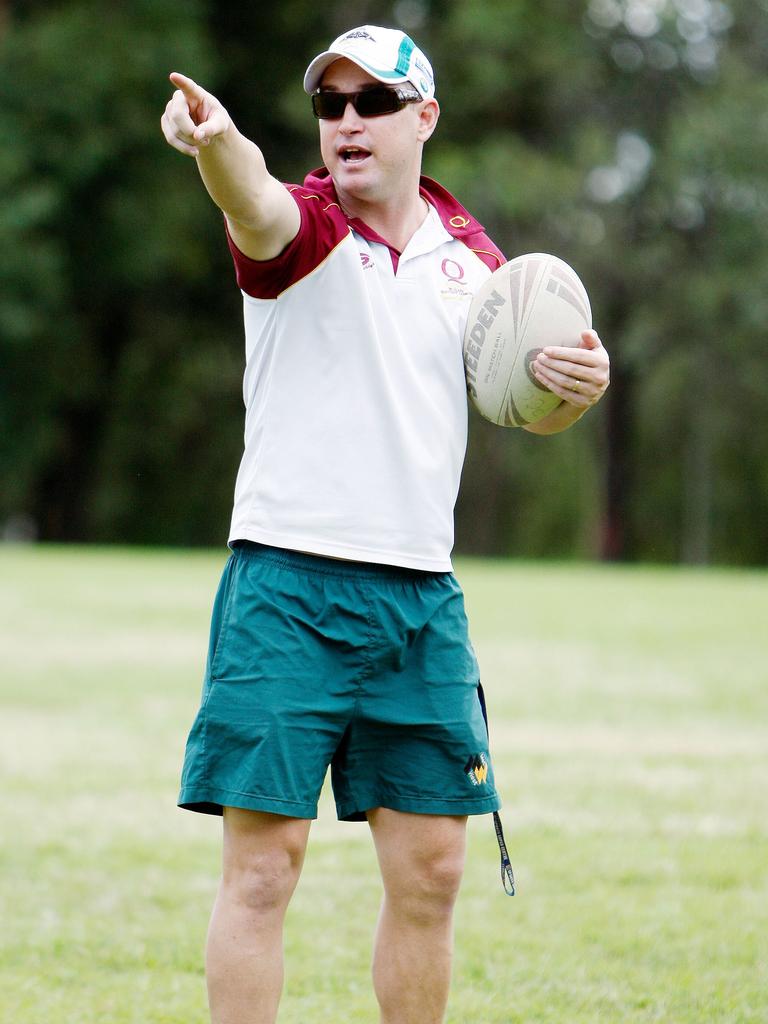
Former Jets half Todd Riggs played 73 games for the Jets from his debut in 2003 until 2012. He balanced scoring eight Intrust Super Cup tries and getting the Jets around the field with teaching at Peter Claver College and coaching at the Jets after he retired from playing.
“My teaching and coaching have almost a symbiotic relationship,” Riggs said.
“In so many ways a school is like a large footy team where you need to find ways of building rapport with all the people in that community; the personalities that I have coached are no different to the teachers I have worked with and students I have taught.’’
Former Jet and Broncos current coach Anthony Seibold did his time teaching at Clairvaux MacKillop College and Holy Spirit at Bray Park.
“The teaching skills that have enhanced my coaching role have been things like being outcome based and process driven thinking, using feedback and assessment and just how to teach and present to people,” he said.
“If I wasn’t a teacher it would have changed my approach. I would have had to learn how to teach – it’s not what you know it is what the players learn and retain.
“I wouldn’t have known how to use questions for understanding which is a big part of coaching.’’
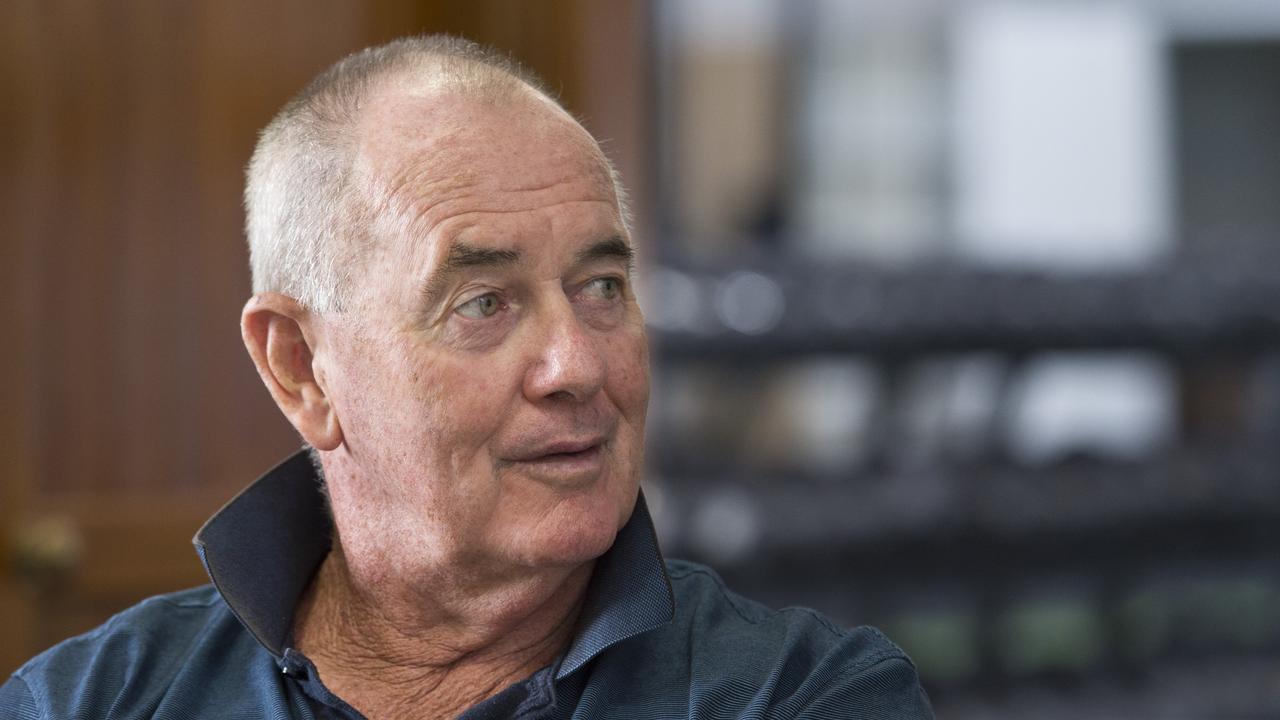
When I was a student at IGS, Steve Nance was teaching PE and working at the Broncos.
He would go on to work with the Cowboys and Wallabies winning a World Cup and Fulham FC in the English Premier League. Nance started out at the Ipswich Jets plying his strength and conditioning trade.
“Teaching especially PE makes you appreciate organisation and planning and how to control numbers outside,” Nance said.
“Coaching is really only an extension of this. If you did not prepare a session or lesson, it usually turned out average or even poor.
“Teaching also taught me patience and I applied this to all areas of coaching especially how individuals are so different and quite often need a different approach.”
At the Storm, the man that fills the training and Logistics manager role is former Jets’ head trainer Matthew Barradeen who was once a teacher for 10 years at Peter Claver College.
“I think the biggest skill that I gained from teaching that has prepared me for my role in football, is clear communication skills,’’ Barradeen said.
“You have to be clear, concise and precise with your instructions in teaching, you realise that that skill is even more appreciated within the sporting environment.”
Cooper’s stat
THE 1986 State League semi-final on May 18: Wynnum-Manly 36 (Gene Miles 3, Scott Lewis 2, Bob Lindner, John Turner tries; Colin Scott 3, Gene Miles goals) def Ipswich 2 (Pat Shepherdson goal) at Lang Park.

